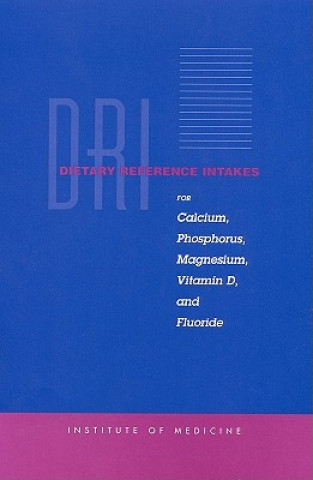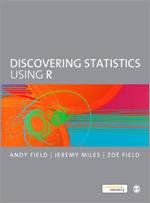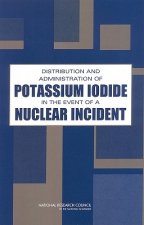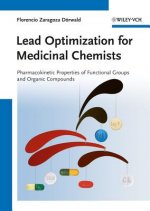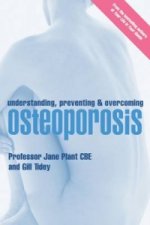
Delivery
Shopping guide





Doesn't suit? No problem! You can return within 30 days
 Gift voucher
any value
Gift voucher
any value
You won't go wrong with a gift voucher. The gift recipient can choose anything from our offer.
Dietary Reference Intakes
 English
English
 231 b
231 b
30-day return policy
You might also be interested in


Since 1941, Recommended Dietary Allowances (RDAs) has been recognized as the most authoritative source of information on nutrient levels for healthy people. Since publication of the 10th edition in 1989, there has been rising awareness of the impact of nutrition on chronic disease. In light of new research findings and a growing public focus on nutrition and health, the expert panel responsible for formulation RDAs reviewed and expanded its approach - the result: "Dietary Reference Intakes". This new series of references greatly extends the scope and application of previous nutrient guidelines. For each nutrient the book presents what is known about how the nutrient functions in the human body, what the best method is to determine its requirements, which factors (caffeine or exercise, for example) may affect how it works, and how the nutrient may be related to chronic disease. The first volume of "Dietary Reference Intakes" includes calcium, phosphorus, magnesium, vitamin D, and fluoride. The second book in the series presents information about thiamin, riboflavin, niacin, vitamin B6, folate, vitamin B12, pantothenic acid, biotin, and choline. Based on analysis of nutrient metabolism in humans and data on intakes in the U.S. population, the committee recommends intakes for each age group - from the first days of life through childhood, sexual maturity, midlife, and the later years. Recommendations for pregnancy and lactation are also made, and the book identifies when intake of a nutrient may be too much. Representing a new paradigm for the nutrition community, "Dietary Reference Intakes" encompasses: Estimated Average Requirements (EARs) - these are used to set Recommended Dietary Allowances. Recommended Dietary Allowances (RDAs), and intakes that meet the RDA are likely to meet the nutrient requirement of nearly all individuals in a life-stage and gender group; Adequate Intakes (AIs) - these are used instead of RDAs when an EAR cannot be calculated, and both the RDA and the AI may be used as goals for individual intake; Tolerable Upper Intake Levels (ULs) - intakes below the UL are unlikely to pose risks of adverse health effects in healthy people. This new framework encompasses both essential nutrients and other food components thought to pay a role in health, such as dietary fiber. It incorporates functional endpoints and examines the relationship between dose and response in determining adequacy and the hazards of excess intake for each nutrient.
About the book
 English
English




 How to shop
How to shop

















